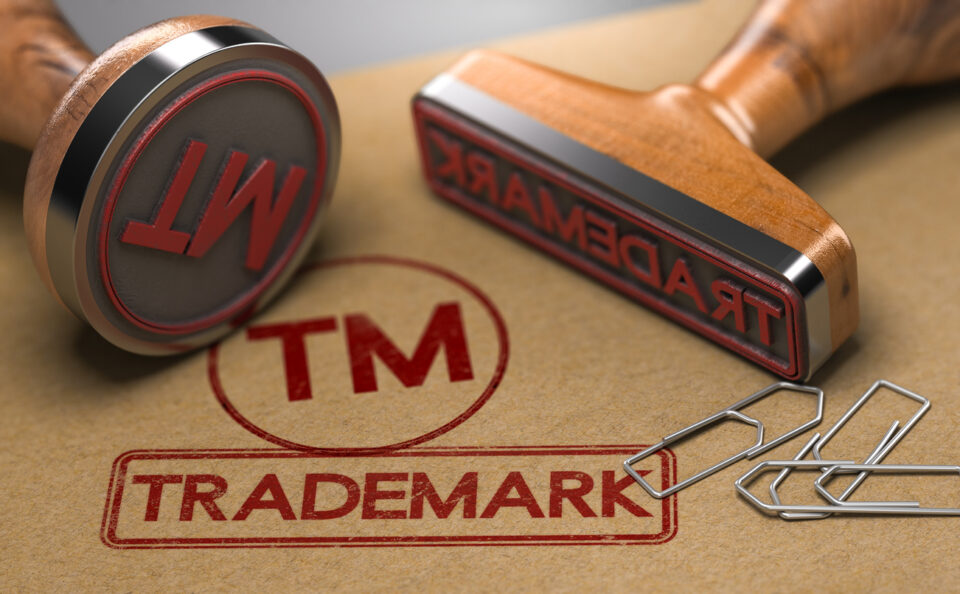U.S. Supreme Court Rules That Willfulness Not Required for Profits Awards in Trademark Infringement Cases
Date
April 27, 2020
Read Time
3 minutes
Share

On April 23, 2020, the U.S. Supreme Court, in Romag Fasteners, Inc. v. Fossil, Inc., No. 18-1233, unanimously held that willfulness is not required to recover a defendant’s profits in trademark infringement cases. Prior to Romag, there was a split in the Circuit Courts as to whether a defendant had to willfully infringe for a court to order a disgorgement of profits.
Romag made fasteners for Fossil handbags and other products. Over time, Romag learned that Fossil’s factories in China were using counterfeit Romag fasteners, and Fossil did little to combat the practice. Unable to resolve the matter, Romag sued for infringement, and the jury awarded Romag $6.7 million in profits. Because the Court Appeals for the Federal Circuit refused to allow the profits award, Romag appealed to the U.S. Supreme Court.
To reach its decision, the Court compared the language of certain sections of the Lanham (Trademark) Act that specifically require a finding of willfulness for an award of defendant’s profits, such as the Act’s trademark dilution provisions. By contrast, the infringement provisions under which the lawsuit was brought do not require a finding of willfulness. The Court then rejected Fossil’s (and various Circuit Courts’) view that “principles of equity” require a finding of willfulness before awarding profits in a trademark dispute. The Court acknowledged that the Lanham Act provides only for injunctive relief against innocent infringers.
The Court also acknowledged that willfulness still plays an important factor in determining whether an award of profits is appropriate. Writing for the majority, Justice Gorsuch stated that it is up to policymakers to reconcile the competing goals of deterring baseless trademark suits and respecting trademark rights in the modern global economy.
What does Romag Mean for Businesses?
Now that it is clear that a defendant’s profits will be considered part of a trademark infringement remedy, we can expect an uptick in trademark litigation. Given current global financial constraints, we also should be prepared for an increase in trademark infringement and counterfeiting activities.
Businesses should be prepared to take the following steps:
- Properly Clear Trademarks. To help reduce the risk of a trademark infringement suit, it is important that businesses properly clear trademarks before adopting them. This entails ordering a full comprehensive trademark search report and obtaining a legal opinion, rather than relying on a simple knockout screening or Internet search. It is also important to conduct a full search before extending a mark into a new product line
Businesses need to budget accordingly and recognize that it is becoming increasingly difficult to clear trademarks in our global economy. The fact that owners of unregistered (common law) marks have rights in the United States further complicates trademark clearance.
- Aggressively Police Trademarks. Given that an infringer’s profits can now be recovered, trademark owners may be more likely to send trademark cease-and-desist letters. Because the policy behind the Lanham Act is to compensate the plaintiff, as opposed to punish the defendant, the Lanham Act still allows courts to adjust damages awards that would have a punitive, rather than compensatory, effect.
- Check Your Insurance Coverage. Speak with your insurance broker to make sure that you have appropriate advertising injury or other insurance that would sufficiently cover you for damages and attorneys’ fees if you were to face a trademark infringement lawsuit. Note that carriers are likely to deny coverage if willful infringement